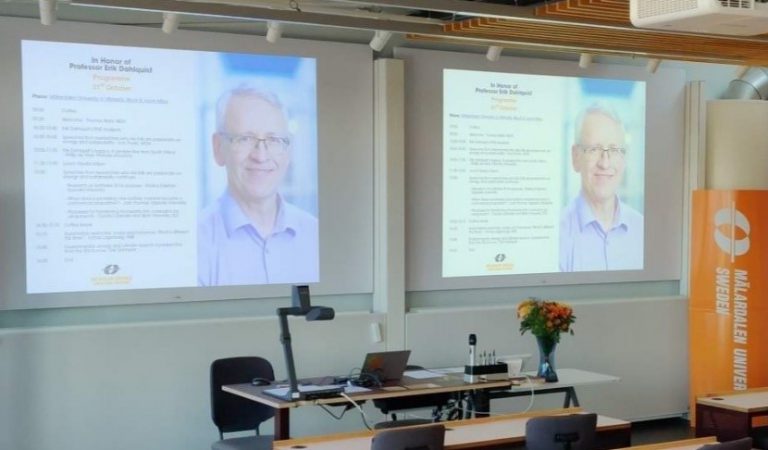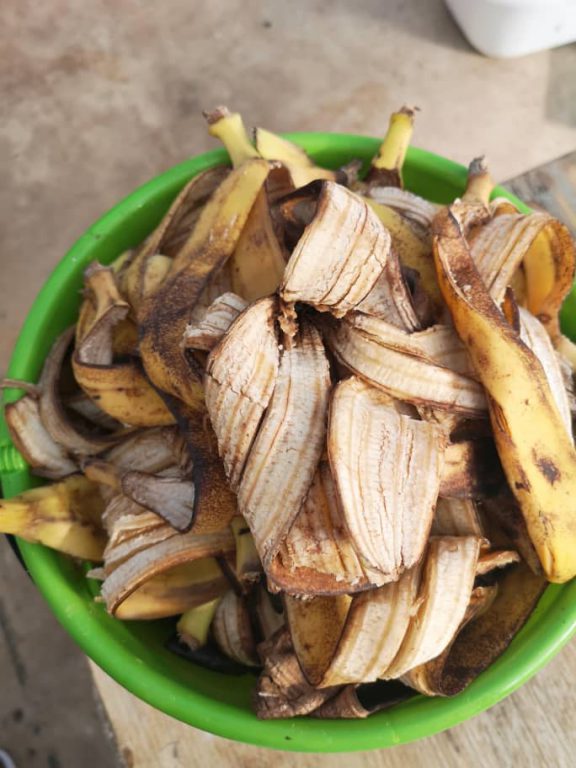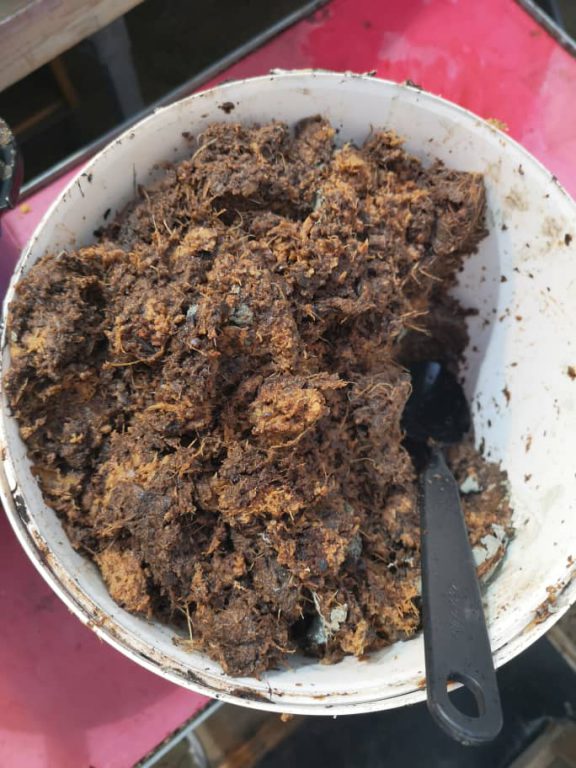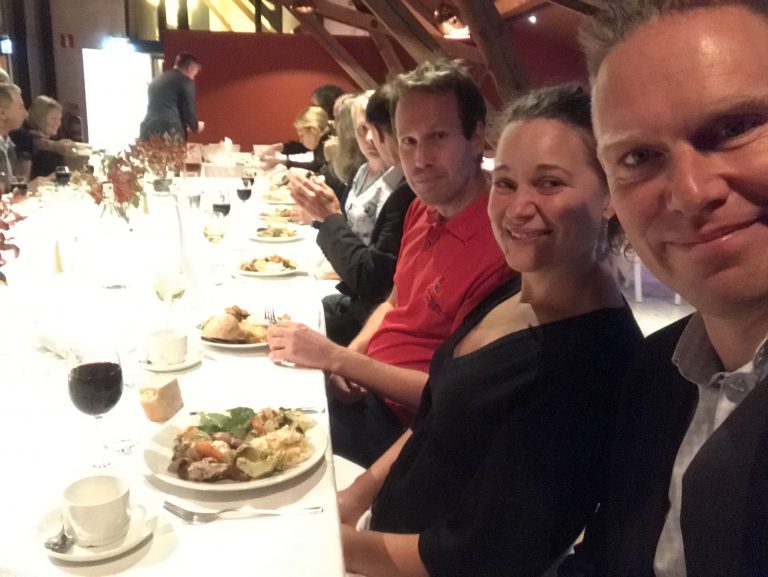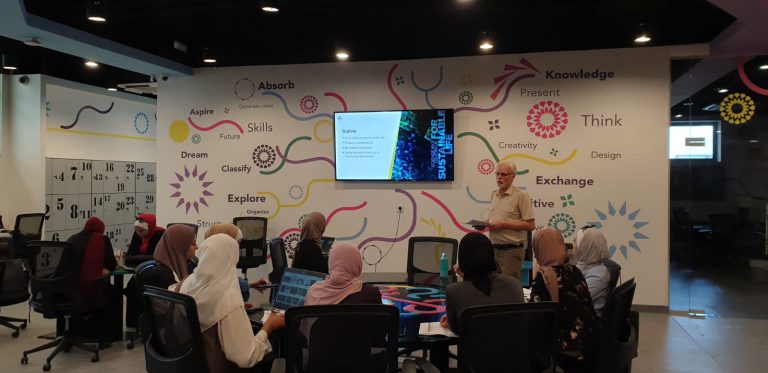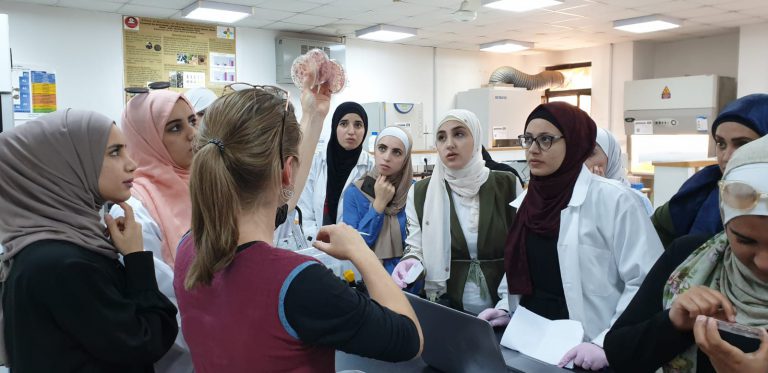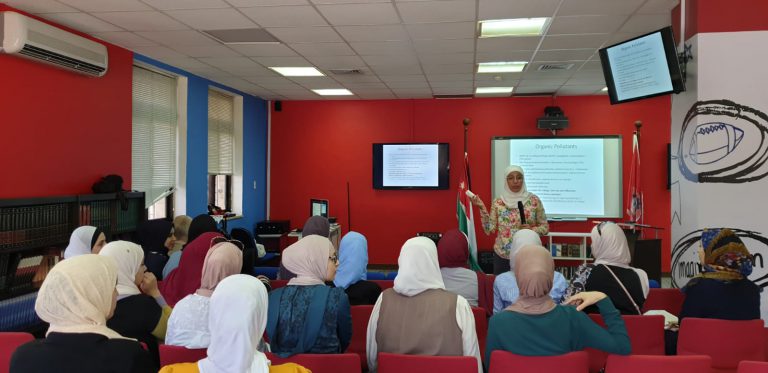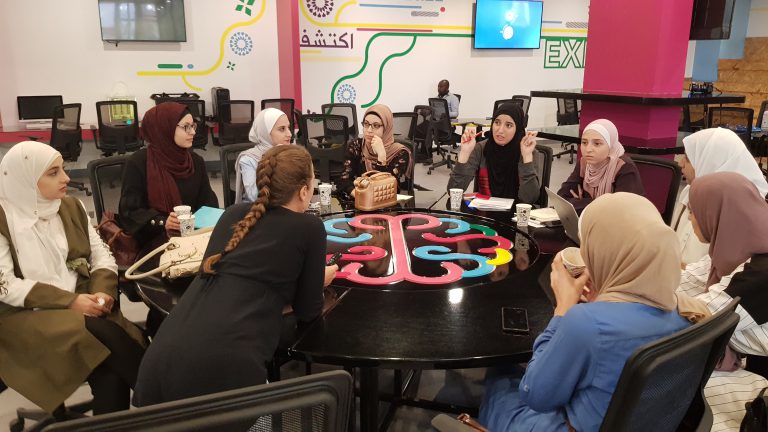Thursday last week (31/10), Björn and Cecilia from the Environmental Engineering group visited Västerås and presented about waste management using insects in the seminar held in Honour of Professor Erik Dahlquist. Erik Dahlquist is Professor in Energy Technology at the Mälardalen University and has with the help of his long experience in improvements of process efficiency development co-developed the ventilation system used in the fly larvae treatment system. We got to listen to other very interesting presentations on the batteries needed for our fossil free future and we got to listen to the tale of the development of the collaborative robot YuMi at ABB. Erik finished the seminar presenting the development of energy production and usage in primely Sweden from the 1950s till today and gave a prognoses of what can be expected up till 2090. Very interesting! Erik is to be retired but will work part time as Senior Professor from the start of next year. We hope for continued great collaboration and wish Erik good luck in future and more time with family and his triathlon endeavours.
Tag: Organic waste
Larvae fed bread get really fat
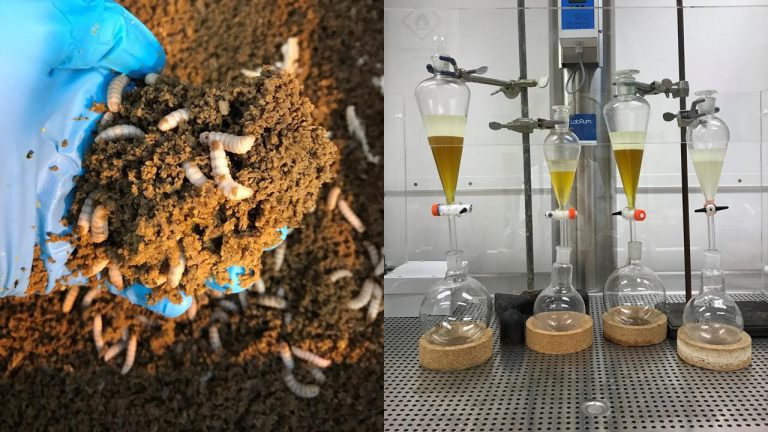
How does the fat content and composition in the larvae of the black solider fly (Hermetia illucens) change with the diet provided to them? In our latest article published in Waste Management, Nils Ewald and co-authors brings new knowledge on this topic. The study is based on eleven feeding trials were the larvae were fed diets based on mussels, fish, bread and food waste. The larval fat was found to contain mainly saturated fatty acids, especially lauric acid, but was also affected by the weight of the larvae and the diet. For example, the larvae fed with mussels and fish contained EPA and DHA – Omega- 3 fatty acids that are valuable for aquaculture. However, the levels of these fatty acids were found to be too low to replace fish oil in fish feed but could potentially be used for replacing the vegetable oil fraction. Other possible applications of the larval fat could be in the production of food or fuel.
New publication on pre-treatment of banana peels for BSFL composting
Alice Isibika and co-authors have published a new study in the journal Waste Management, on the application of pre-treatments prior BSFL treatment of banana peels as a fibrous and nutrient imbalanced substrate to enhance bioconversion ratio. The applied pre-treatments were non-protein nitrogen for balancing the carbon/nitrogen , heat and microbes(fungi and bacteria) pre-treatments for breaking down complex compounds into more readily available forms in the banana peels to be consumed by the BSFL. They found that direct addition of ammonia solution in the banana peel and addition of both fungi (Trichoderma, Rhizopus) and bacteria (BSFL gut bacteria) improved the BSFL response efficiencies while heat treatment did not improve. For microbial pre-treatment 14 days was found to be the total time to achieve sufficient degradation of the banana peels for BSFL consumption.
Christian Zurbrügg joins Kretsloppsteknik as Adjunct Professor

What a pleasure to now be part of this exciting and motivated team at SLU !!
My home-base is at Sandec – the Department of Sanitation, Water and Solid Waste for Development, at the Swiss Federal Institute of Aquatic Science and Technology (Eawag), where I have been working since 1998, first as tenure track researcher then head of department and since 2015 as a member of the Eawag directorate while also continuing my ongoing research. My research interests lie in the interdisciplinary approach of innovating and upgrading infrastructure and services in urban areas of low and middle income countries – with a special focus on solid waste and sanitation. Resource recovery and waste valorization for low and middle-income settings has been on my applied research agenda since many years, leading international programs and projects, publishing scientific articles and book chapters on appropriate technology and enabling environments in low income settings, and serving on many international committees, task forces and juries. My current projects evolve around issues of waste for BSF protein production, plastic waste flows and potential recovery options and more recently looking at the management of disposal diapers and sanitary pads, behavioral change mechanisms for waste segregation as well as supply chain cost modelling.
Watch Cecilia’s docent lecture here!

On Monday Cecilia Lalander from the group held her docent lecture. If you for some reason could participate, don’t fret, you can watch it here : (https://www.dropbox.com/l/scl/AAAWVntwTqW6cYrYRn7BiWOLRRUQPwfXKfY, start at 02:00 h).
Social aspects of recycling household wastes: perspectives from Jordan
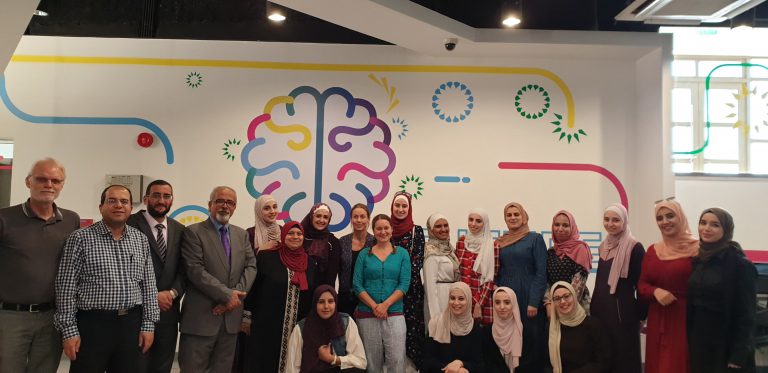
We were at the Hashemite University in Jordan last week, teaching a group of young students how we can safely recycle different household waste fractions. As part of this week-long course, we organised a day of interactive seminars and a role playing game to improve awareness among the students about the psychology, decision making, and socio-technical aspects of recycling waste.
Robert Almqvist joins kretsloppsteknik for his master’s project

Hi, my name is Robert Almqvist and I am writing my master thesis in Biology at the institution of energy and technology. I am a soil/plant-agricultural program student matriculated at SLU Uppsala since 2014. In my master thesis, I will look at fly larvae composting and at the possible effect different pre-treatments has on amino acid content of the larvae as well as the degrading of lignin/cellulose/hemicellulose in the substrates, the substrates being banana- and orange peels in this experiment.
Teaching students in Jordan about safe nutrient recycling
This week, we (Sahar Dalahmeh, Mikael Pell, Annika Nordin, Cecilia Lalander, and Prithvi Simha) are in Jordan, conducting a 1-week course on recycling of various household waste fractions. The course is given at the Hashemite University, located about 50 km away from the capital city Amman. A group of about 20 very enthusiastic and inquistive students are learning about various topics such as wastewater microbiology, hygienisation, urine diversion and dehydration, vermi- and black soldier fly composting, on-site wastweater treatment, etc.
Cecilia Lalander from our group is about to give her Docent Lecture!
Date: 30/9 – 2019 | Time: 10:30 | Location: Room L, Main University building (Ulls hus), Ultuna campus
Is biodegradable waste a problem or a resource? Some claim it’s a resource that can be managed in a much more efficient way, but how come it isn’t? How could a more efficient management look like? If you find these questions interesting, come and listen to Cecilia’s lecture. A summary of the lecture, that will be given in English, can be found below.
More info on all Docent lectures given at Ultuna this time can be found here: https://www.slu.se/en/ew-calendar/2019/9/docent-lectures-at-the-nj-faculty/
Moisture content affects greenhouse gas emissions from thermophilic food waste composting
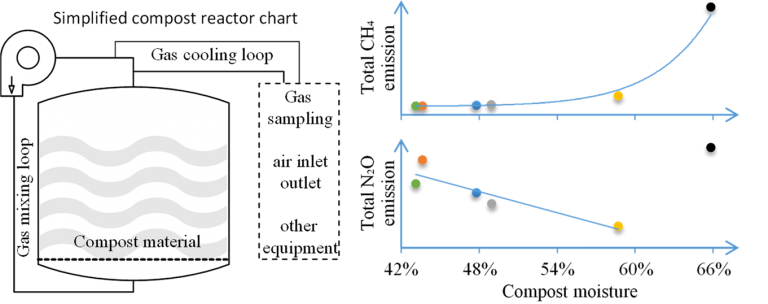
The effects of moisture on thermophilic composting process are investigated in the latest paper published in the Journal of Cleaner Production: https://doi.org/10.1016/j.jclepro.2019.118165
It is known that too wet active composts can cause excessive methane (CH4) emissions, but there is no consensus on how much and what exactly the rate of this change is with changing moisture.


